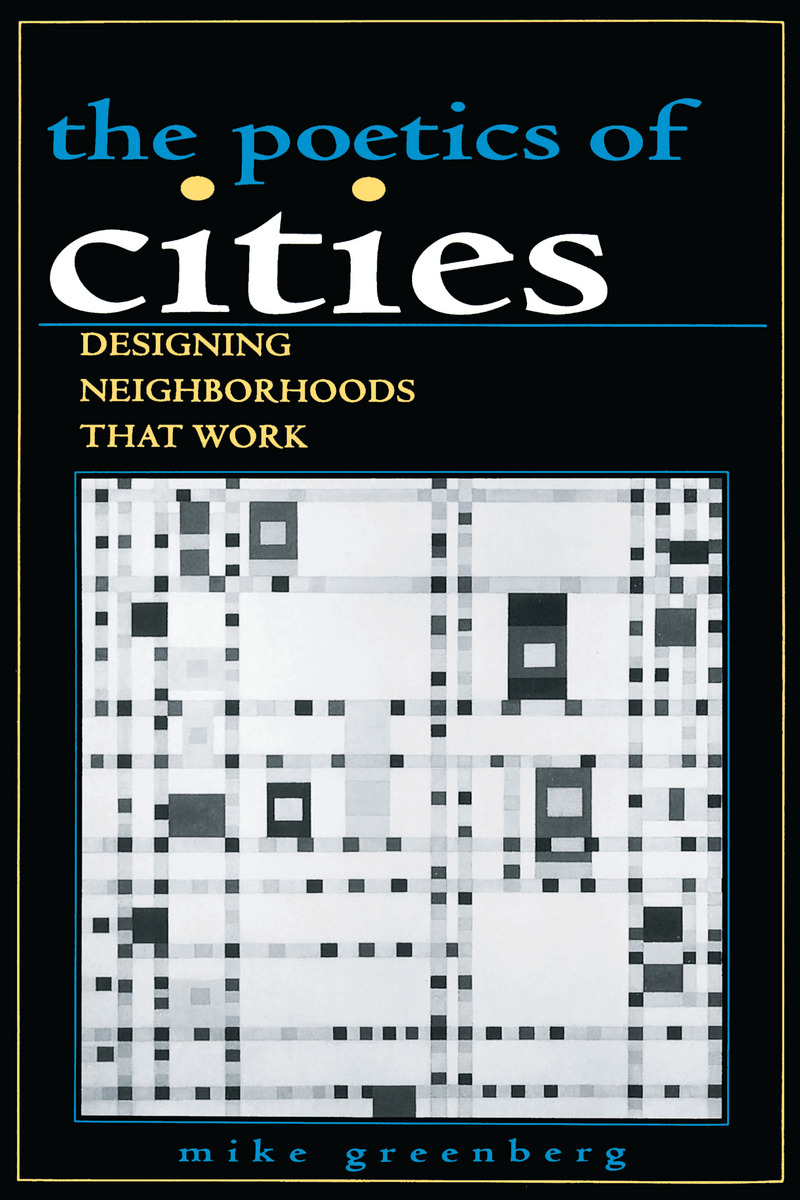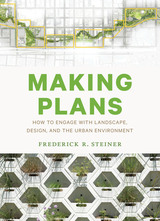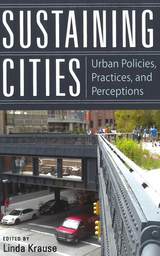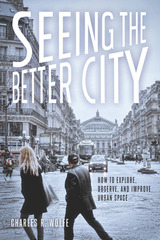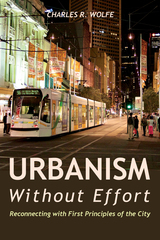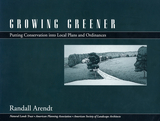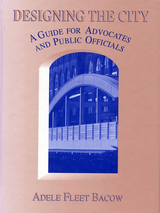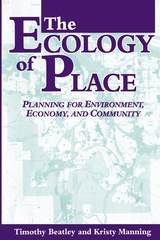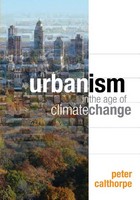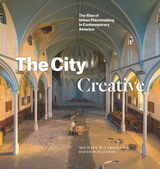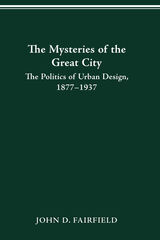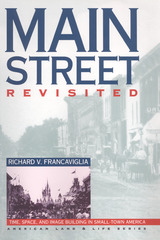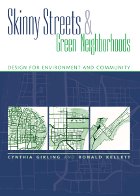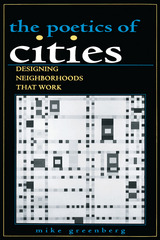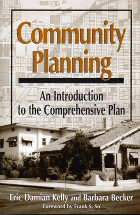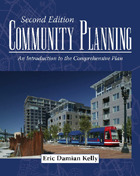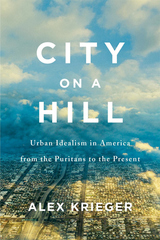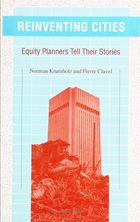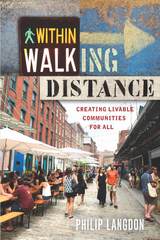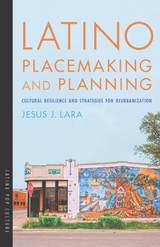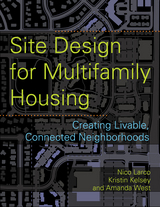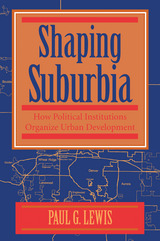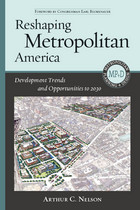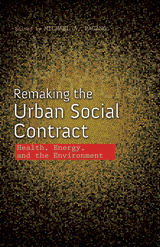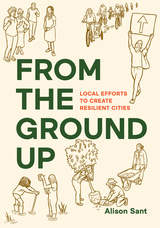POETICS OF CITIES: DESIGNING NEIGHBORHOODS THAT WORK
The Ohio State University Press, 1995
Cloth: 978-0-8142-0656-0 | Paper: 978-0-8142-0657-7
Library of Congress Classification HT167.G75 1995
Dewey Decimal Classification 307.3362160973
Cloth: 978-0-8142-0656-0 | Paper: 978-0-8142-0657-7
Library of Congress Classification HT167.G75 1995
Dewey Decimal Classification 307.3362160973
ABOUT THIS BOOK
ABOUT THIS BOOK
"Journalist Mike Greenberg is appalled by what had happened to his home town, San Antonio, Texas. In response, he has written a readable and useful book . . . . which is full of practical suggestions for improving his own and other communities. . . . Planners, architects, and city officials should read this practical and hopeful book." --Planning
In this lively and insightful book, Mike Greenberg argues that the purpose of cities and neighborhoods is to foster economic, social, and intellectual exchange, the process that underlies the creation of value. He seeks to show how the detailed geography of the city can either inhibit or encourage such exchanges and thus profoundly affect the lives of the people who live there.
Cities filled an important evolutionary niche, historically, because they were the places--in contrast to rural areas or villages--where exchange occurred with greatest efficiency, where value was created most spectacularly, and thus where the wealth was. But it wasn't just the fact of concentration, but the how of it, that made cities efficient producers of value and circulators of wealth.
The Poetics of Cities is concerned with the context of contemporary cities and suburban rings, where development dynamics--guided by the needs of the automobile and by reformist planning concepts that went awry--create environments that are increasingly hostile to exchange and thus threaten to inhibit the economic development that made them possible in the first place.
The city of late nineteenth- and early twentieth-century America was in some ways a remarkably sophisticated technology for fostering exchange and cementing community. Taking examples mostly from his hometown, San Antonio, Texas, Greenberg examines certain features of those cities--their sidewalk systems, their scale and setbacks, the rhythms of their streetscapes, the structure of their neighborhoods--and shows why they worked so well, and why they cannot be arbitrarily tossed aside without doing damage to the urban economy. He then offers some practical planning strategies and regulatory ideas to help cities retain what is useful from their traditional forms while at the same time accommodating modernity.
Engagingly written, The Poetics of Cities will make fascinating reading for architects, urban planner, neighborhood activists, city officials, real estate developers, and anyone interested in the quality of urban life in America.
Mike Greenberg is Senior Critic of the San Antonio Express-News. He is the author of Synthesis: Craftsmanship, Architecture, Design and was a John S. Knight Fellow at Stanford University.
In this lively and insightful book, Mike Greenberg argues that the purpose of cities and neighborhoods is to foster economic, social, and intellectual exchange, the process that underlies the creation of value. He seeks to show how the detailed geography of the city can either inhibit or encourage such exchanges and thus profoundly affect the lives of the people who live there.
Cities filled an important evolutionary niche, historically, because they were the places--in contrast to rural areas or villages--where exchange occurred with greatest efficiency, where value was created most spectacularly, and thus where the wealth was. But it wasn't just the fact of concentration, but the how of it, that made cities efficient producers of value and circulators of wealth.
The Poetics of Cities is concerned with the context of contemporary cities and suburban rings, where development dynamics--guided by the needs of the automobile and by reformist planning concepts that went awry--create environments that are increasingly hostile to exchange and thus threaten to inhibit the economic development that made them possible in the first place.
The city of late nineteenth- and early twentieth-century America was in some ways a remarkably sophisticated technology for fostering exchange and cementing community. Taking examples mostly from his hometown, San Antonio, Texas, Greenberg examines certain features of those cities--their sidewalk systems, their scale and setbacks, the rhythms of their streetscapes, the structure of their neighborhoods--and shows why they worked so well, and why they cannot be arbitrarily tossed aside without doing damage to the urban economy. He then offers some practical planning strategies and regulatory ideas to help cities retain what is useful from their traditional forms while at the same time accommodating modernity.
Engagingly written, The Poetics of Cities will make fascinating reading for architects, urban planner, neighborhood activists, city officials, real estate developers, and anyone interested in the quality of urban life in America.
Mike Greenberg is Senior Critic of the San Antonio Express-News. He is the author of Synthesis: Craftsmanship, Architecture, Design and was a John S. Knight Fellow at Stanford University.
See other books on: Community development, Urban | Neighborhood | Neighborhood planning | Planning | POETICS
See other titles from The Ohio State University Press
